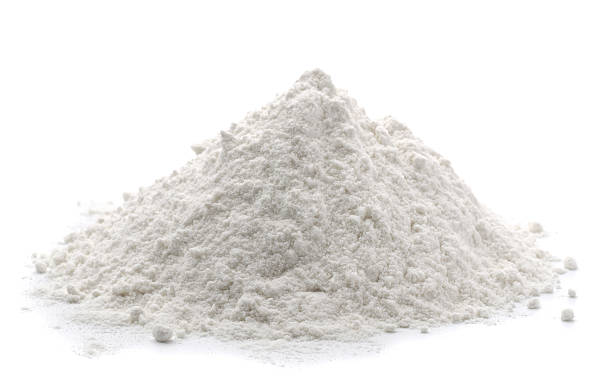White flour, also known as all-purpose flour, is a type of flour that is made from wheat grains that have had their outer bran and germ layers removed. This process, known as milling, leaves behind the starchy endosperm of the wheat grain, which is then ground into a fine powder to create white flour.
Nutritional Value of White Flour per 100g
Per 100 grams, white flour contains approximately 364 calories, 2 grams of fat, 75 grams of carbohydrates, and 12 grams of protein. It is also a good source of several essential vitamins and minerals, including thiamin, niacin, and iron.
However, it is important to note that the refining process that creates white flour also removes many of the nutrients and fiber found in whole wheat flour. Whole wheat flour, in contrast, contains 3 grams of fiber per 100 grams, while white flour contains less than 1 gram. This lack of fiber can contribute to constipation and other digestive issues.
Is White Flour per 100g Healthy for You?
White flour is also high in carbohydrates, which can contribute to weight gain and an increased risk of chronic diseases such as type 2 diabetes. Additionally, the refining process removes the bran and germ of the wheat grain, which contain antioxidants and other beneficial compounds.
Despite its nutritional shortcomings, white flour is still widely used in many food products, including bread, pasta, and pastries. However, it is important to be aware of the nutritional value of white flour and to consume it in moderation. Whole wheat flour and other whole grain flours are generally considered to be healthier options, as they contain more fiber and other beneficial nutrients.
In conclusion, white flour per 100g contains high calories, low-fat, high-carbohydrates, and average protein. It also contains some essential vitamins and minerals, but it lacks fiber and other beneficial compounds that are found in whole wheat flour. While white flour can be part of a balanced diet, it is important to be aware of its nutritional value and to consume it in moderation. It is always recommended to consume whole wheat flour and other whole grain flours as they are generally considered to be healthier options.

 Home
Home Health
Health Diet & Nutrition
Diet & Nutrition Living Well
Living Well More
More












